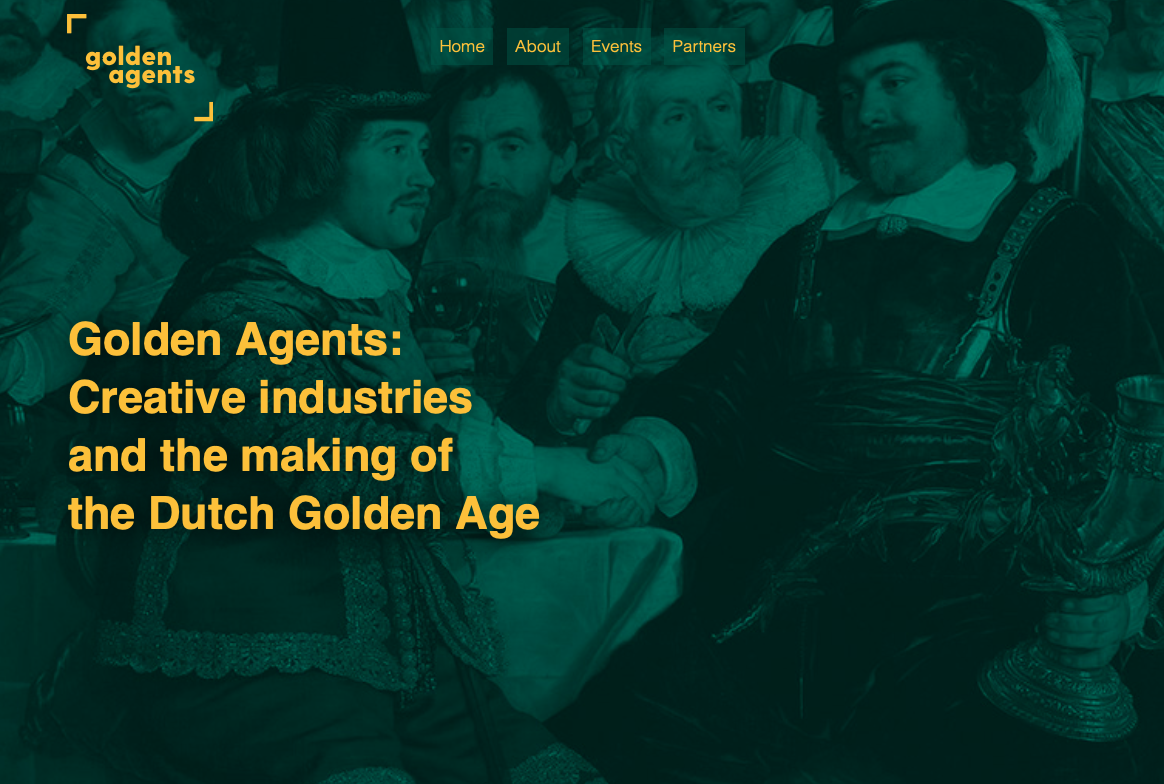Painting, printmaking, book production and other creative industries of the Dutch Golden Age are of continuous interest to Dutch and foreign scholars from various disciplines. Various research groups, institutions and individual researchers develop data repositories and analytical tools to study the Dutch Golden Age. Unfortunately, this often results in fragmentation and short-term solutions. The Golden Agents project that started on 1 January 2016 aims at developing in a period of five years a sustainable infrastructure to study relations and interactions between producers and consumers of creative goods across the long Golden Age of the Dutch Republic. The project will link distributed, heterogeneous resources (both existing and new) on creative industries in the Dutch Golden Age.
Consumption remains an under-investigated topic with regard to the creative industries in the Dutch Golden Age. The digitization of the enormously rich collection of the notarial acts in the Amsterdam City Archives, and more specifically the probate inventories contained within these records, will provide detailed and socially diverse data on the possessions of cultural goods by the inhabitants of what was probably the most important city of the 17th Century. The Golden Agents research infrastructure enables interaction between various heterogeneous databases by using a combination of semantic web solutions and multi-agent technology that will be supported by ontologies developed together with domain experts.

